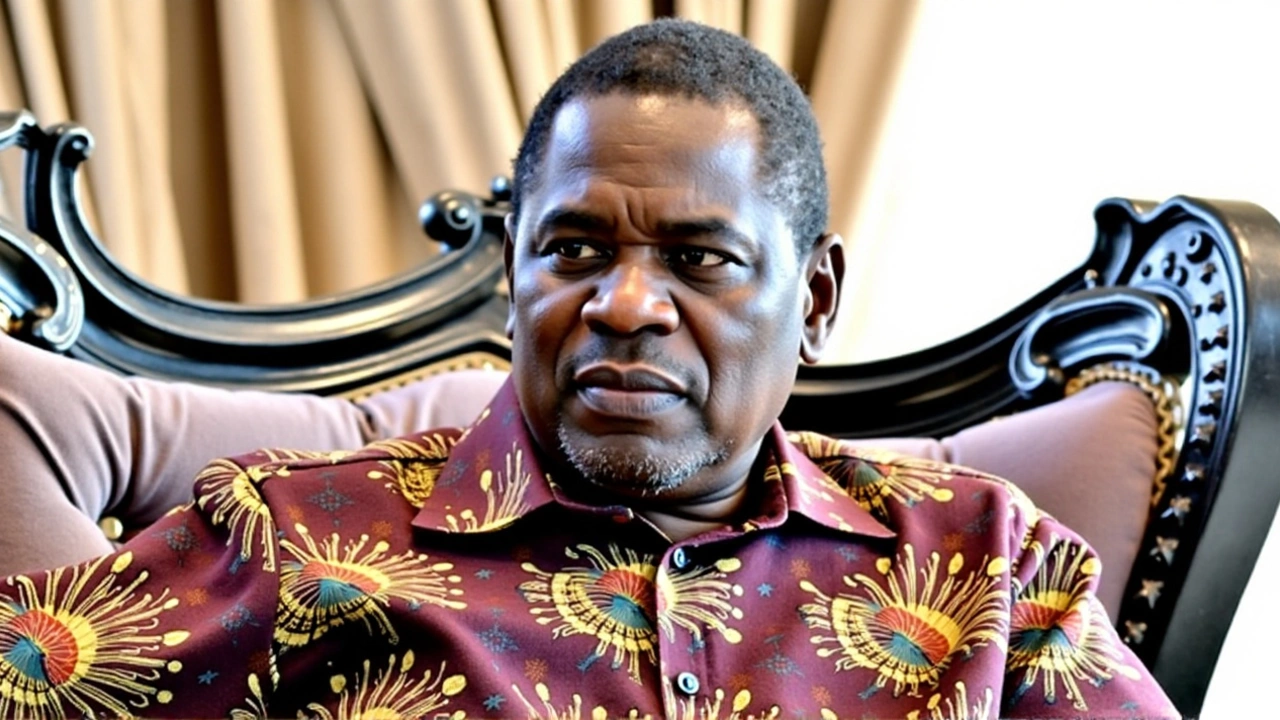Health Scare: Latest hospitalisations, injuries and public alerts
Health scares move fast and stir strong reactions. On this tag page you'll find clear, practical coverage of sudden illnesses, high-profile hospitalisations and injury updates — the kind of stories that need careful reading, not panic. We collect relevant reports, explain what matters, and point you to trusted next steps.
How to read health scare news
First, check the source. A named hospital statement, an official health ministry release or a credible news outlet are worth more than anonymous social posts. For example, coverage about Pope Francis' death cited a Vatican release naming stroke as the cause — that’s an official source. Stories like "OnlyFans Star Annie Knight Hospitalised" often mix verified facts with sensational details; look for a primary medical or police statement before sharing.
Watch for specific details that matter: time of incident, confirmed diagnosis, and whether family or medical teams have spoken. Headlines may focus on dramatic elements; the body of the article usually contains the facts you need. If a piece mentions symptoms or treatments, cross-check with public health sites such as your country’s health department or the World Health Organization.
What to do if someone is affected
If you suspect a stroke, use the FAST check: Face drooping, Arm weakness, Speech trouble, Time to call emergency services. Acting quickly can save brain tissue and reduce long-term damage. For heavy bleeding, press firm pressure over the wound and call for an ambulance. If someone has trouble breathing, severe chest pain, sudden confusion or a loss of consciousness, treat it as an emergency and get professional help immediately.
For less acute concerns — fever, persistent pain, or mild injuries — contact a local clinic or telehealth service first. Describe symptoms clearly and follow the provider’s instructions. Avoid crowding hospitals unnecessarily; they need capacity for true emergencies.
Mental health matters too. Family and friends often feel anxious when a public figure is hospitalised. Limit your exposure to repeating updates if it’s causing stress, and encourage anyone affected to talk to a counselor or use crisis hotlines available in your area.
Practical hygiene and prevention tips help stop many public health scares from spreading: wash hands regularly, stay home when sick, follow vaccination guidance, and wear masks in crowded or poorly ventilated spaces if advised by health officials.
We flag posts on this tag that may need follow-up or correction. Read full reports when available — for example, injury updates like Luka Doncic’s delayed debut include medical statements from teams; those are the facts to trust. Bookmark this tag for updates and check back when an official source is cited.
Want breaking alerts? Turn on notifications for the Health Scare tag. We’ll share verified updates, practical steps, and links to official advice so you can act — not panic — when a health scare hits close to home.
South African Deputy President Paul Mashatile Collapses Amidst Extreme Heat in N'waMitwa Village
During a speech at N’waMitwa Village's 16th anniversary event, South Africa's Deputy President Paul Mashatile collapsed due to extreme heat and suspected dehydration. Limpopo's Premier reassured the public about his stable condition. He was taken to a local hospital for precautionary checks.
